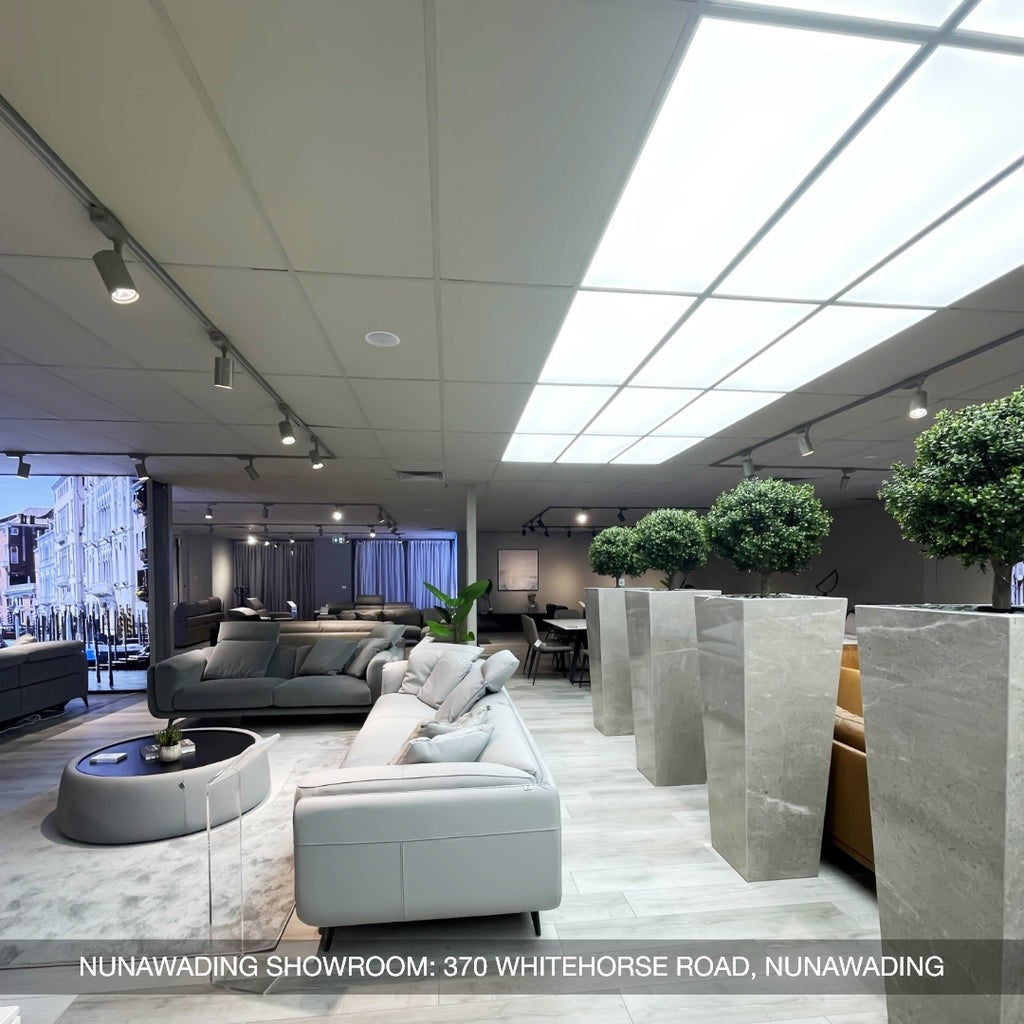Creating a harmonious bedroom space through feng shui can significantly contribute to better sleep and overall well-being. Bedroom feng shui focuses on arranging your room in a way that promotes positive energy flow and tranquility. Learn how to feng shui your bedroom and unlock the secrets to a quiet sleep place.
Bed Placement
Position your bed centrally and out of the direct line of the door to avoid a sense of unease. This placement helps create a feeling of security and comfort, essential for good rest. Additionally, ensure your bed has a solid wall behind it for support and protection. This setup symbolizes stability and can help you feel more grounded and secure, contributing to better sleep.
Choose Calming Colors
The colors you choose for your bedroom can greatly influence your sleep and mood. Soft, calming colors like blues, greens, and neutrals are ideal for promoting relaxation. Avoid overly bright or stimulating colors as they can disrupt your peace and make it harder to fall asleep. Remember, colors affect sleep and mood, so choose wisely to create a serene atmosphere.

Solid Headboard And Wall Support
Ensure your bed has a solid and supportive headboard, preferably wooden, to represent stability and provide a sense of grounding. Position your bed with a solid wall behind it for additional support and stability, and avoid placing it directly under a window. This arrangement helps maintain a sense of protection and security while you sleep, enhancing the health benefits of sleep by ensuring a restful environment.
Mirror Placement
Pay attention to mirror placement in your bedroom. Keep mirrors out of the direct line of the bed, as mirrors reflecting the bed can cause restlessness and amplify worries. Mirrors can reflect and magnify energy, which might disrupt your sleep and increase anxiety. By placing mirrors strategically, you can maintain a calm and peaceful atmosphere in your bedroom.

Balance With Elemental Remedies
Incorporating the five elements of feng shui such as wood, fire, earth, metal, and water, can bring balance to your space. Each element represents different energies and can be introduced through various bedroom furniture and decor items. For example, a wooden bed frame or a metal lamp can help balance the energies in your room, creating a harmonious environment conducive to better sleep.
Electronics-Free Zone
Keeping electronics out of the bedroom is crucial for good feng shui. Electronics emit electromagnetic fields (EMFs) and blue light, which can interfere with your sleep patterns. Creating an electronics-free zone will help you unwind and prepare for sleep, enhancing the health benefits of sleep by reducing distractions and promoting a more restful environment.

Proper Lighting
Creating a harmonious space for better sleep involves understanding the principles of bedroom feng shui, which emphasizes the importance of proper lighting. Natural light exposure during the day can boost your mood and energy levels, while dim lighting in the evening helps signal to your body that it's time to wind down. People exposed to natural light during the day sleep an average of 46 minutes longer than those who aren't. In bedroom feng shui, it's recommended to use soft, warm lighting and avoid harsh, overhead lights. Using bedside lamps or dimmable lights can create a calming atmosphere conducive to relaxation and sleep.
Proper Airflow
Proper airflow is another critical aspect of good bedroom feng shui. Ensure your room is well-ventilated to maintain fresh, clean air. Open windows regularly or use an air purifier to circulate air and remove pollutants. Good airflow not only promotes better breathing but also helps you feel more refreshed and energized upon waking.
Symmetrical Arrangement
Symmetry in the arrangement of your bedroom furniture can create a sense of balance and harmony. Place nightstands on either side of the bed, and ensure the bed is easily accessible from both sides. This symmetrical setup promotes equality and stability in your personal life, which can positively affect your sleep quality.

Mindful Art And Decor
The art and decor in your bedroom should reflect tranquility and positivity. Choose pieces that evoke calmness and joy, such as serene landscapes or abstract designs in soft colors. Avoid chaotic or negative imagery, as it can subconsciously disrupt your peace and hinder relaxation. Mindful art and decor can influence your subconscious, helping you feel more relaxed and at peace in your space.
Declutter
Decluttering your bedroom is essential for promoting a calm mind. A tidy, organized space helps prevent energy from becoming trapped and stagnant. Clutter can create stress and disrupt the flow of positive energy, so make sure to keep your bedroom clean and orderly.
Conclusion
Incorporating bedroom feng shui principles can help you create a bedroom that not only looks good but also feels good. Understanding what is good feng shui in a bedroom involves applying holistic approaches that enhance your mental and physical health. This makes your bedroom a true sanctuary of rest and rejuvenation. By tapping into the wisdom of feng shui and investing in high-quality beds, you transform your bedroom into a balanced space that supports your journey towards a more harmonious, fulfilling life.





